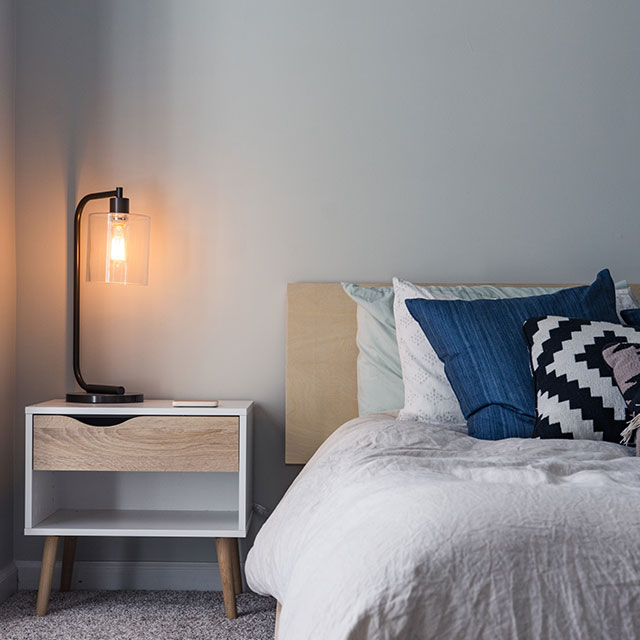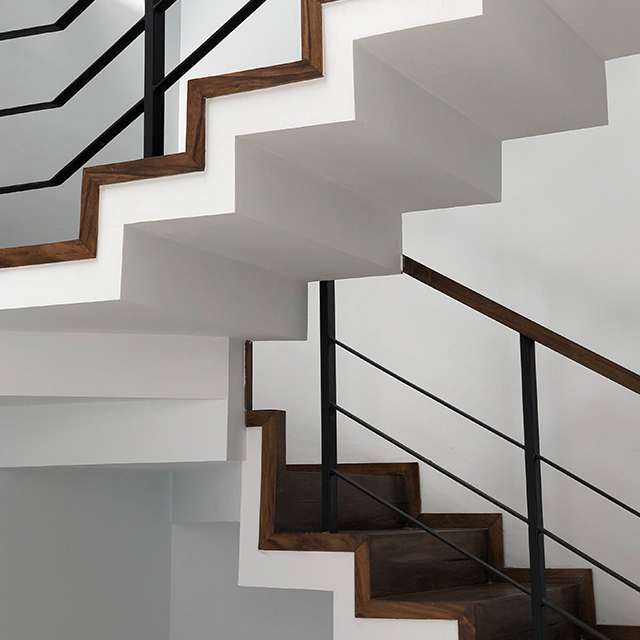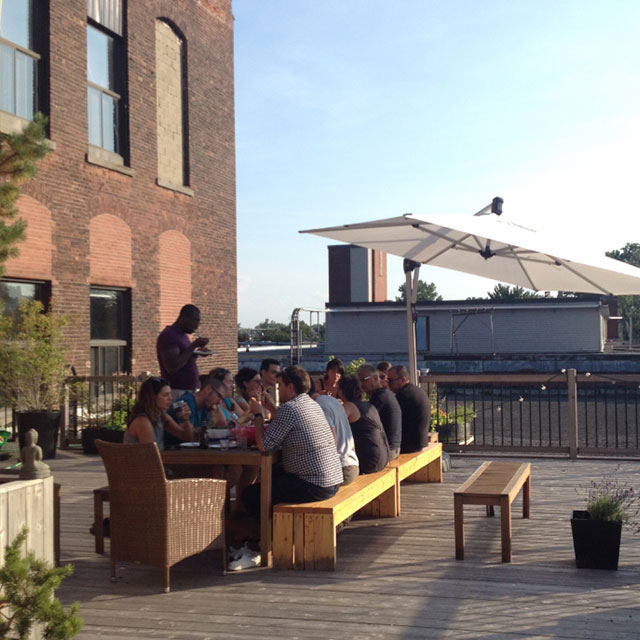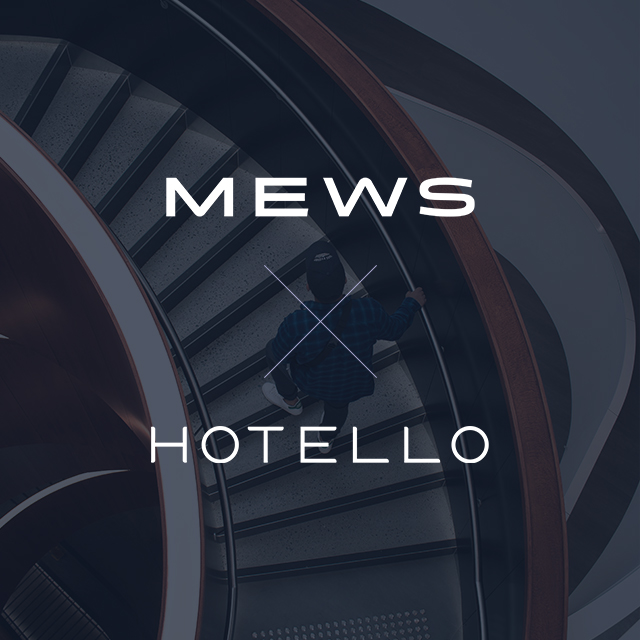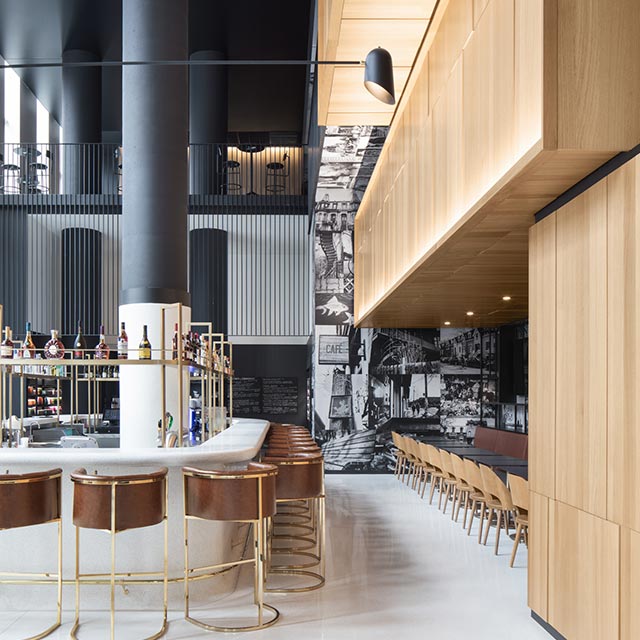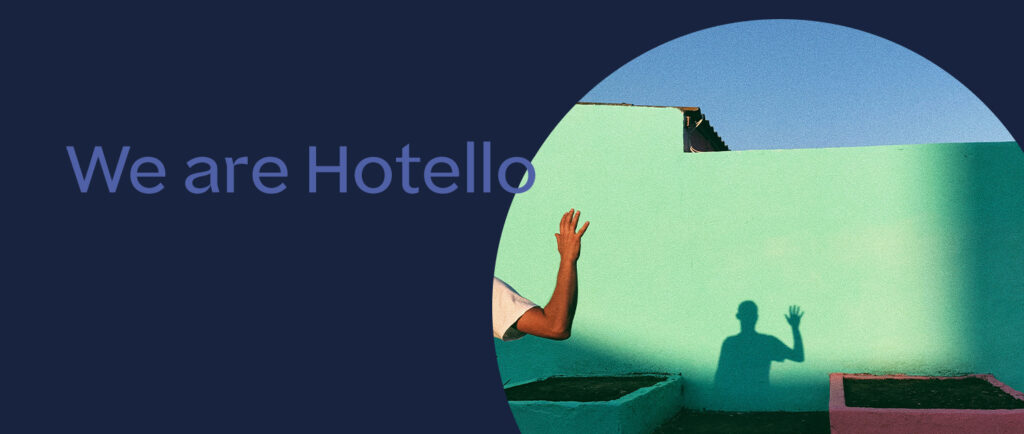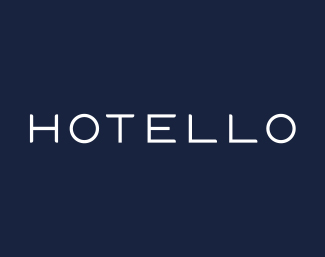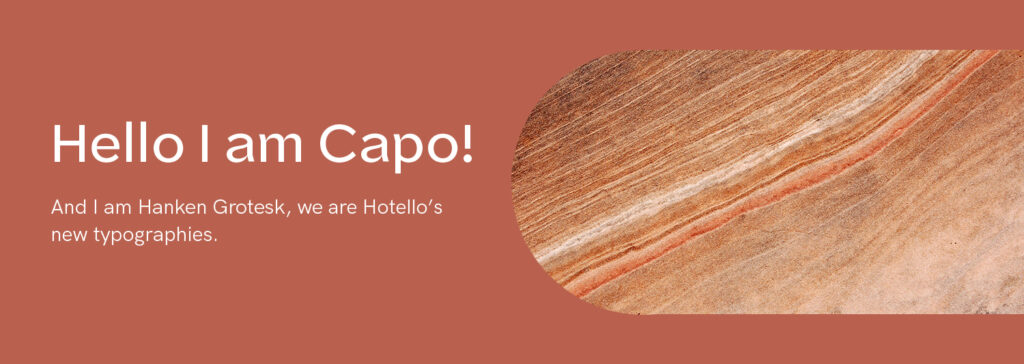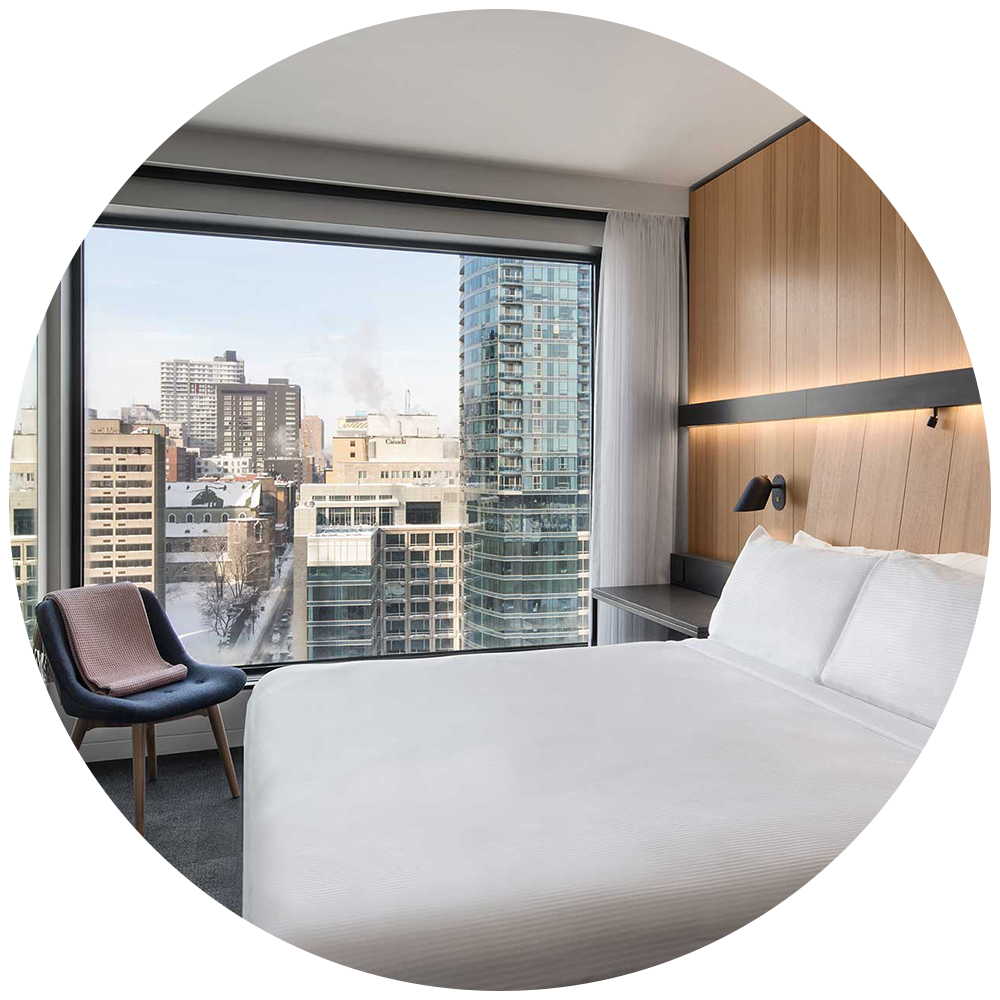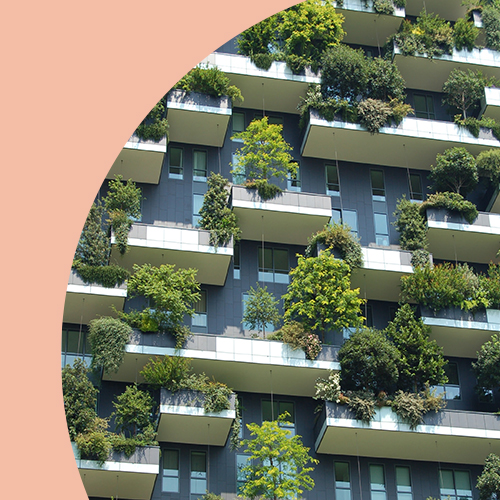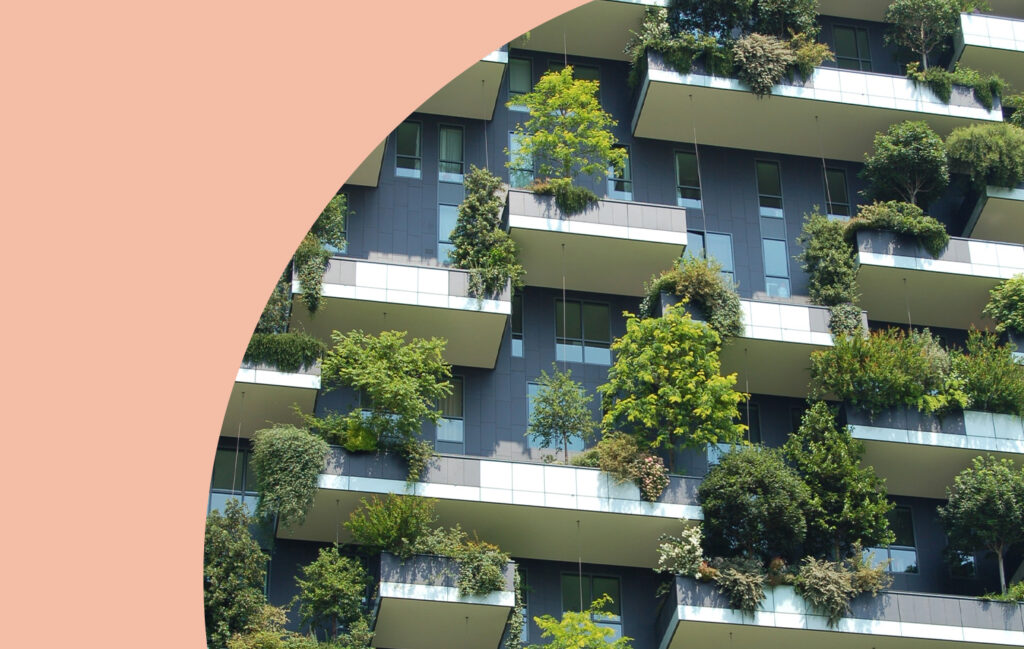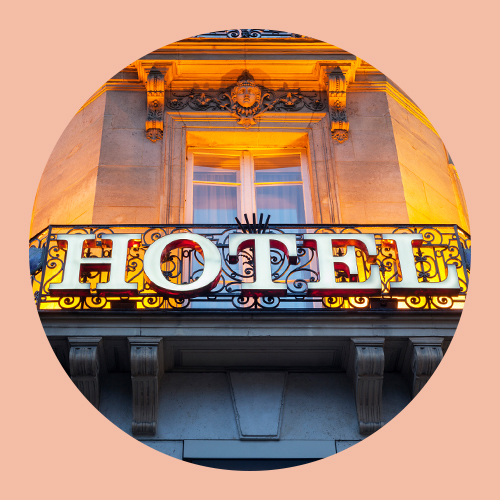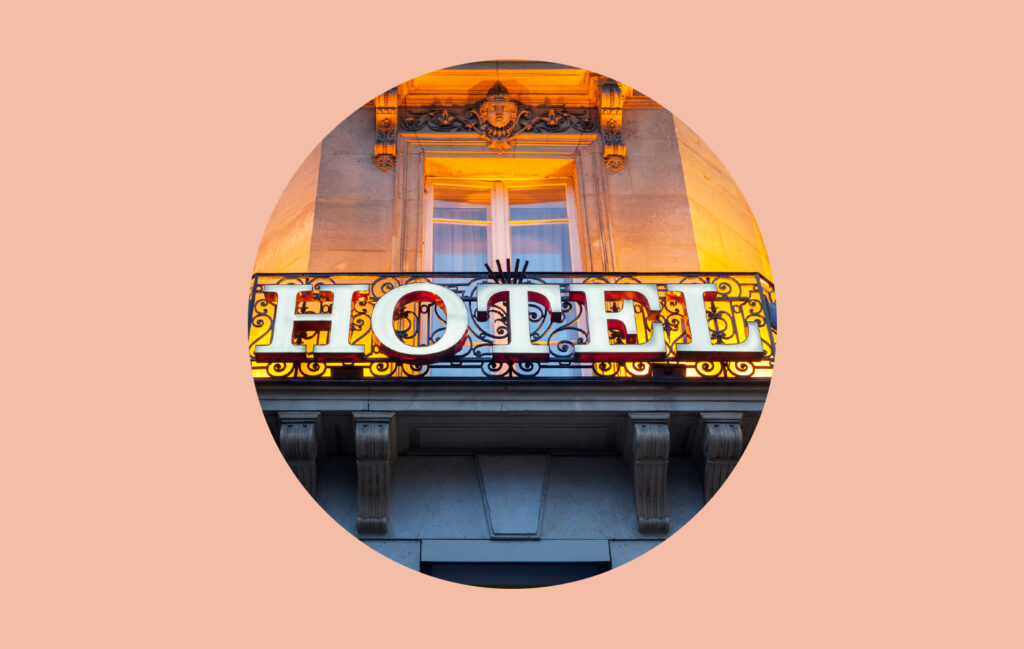
The role of customer service in the hospitality industry
The mission of the customer service department is to be available and present for guests before, during and after their stay. Whether it’s by providing information, advice or helping guests feel comfortable and confident, the role of your customer service department is to provide a positive experience to your guests. In doing so, they will be able to associate excellent customer service with your property and become loyal clients.
What is considered excellent customer service?
Offering excellent customer service requires constant work and effort from your employees. They need to be involved, respectful, available and more importantly attentive to your guests.
Moreover, empathy is key to not only solve problems but actually understand them. In fact, you want to understand your guests’ needs and impressions to find an ideal solution.
An excellent customer service is able to quickly adapt to any situation, and has an extensive knowledge of its guests and their needs. Your clients need to feel heard and understood. They will appreciate the fact that your employees understand their situation and emotions and that the service they are offered is catered to their own specific needs. They will therefore be more likely to stay loyal to your hotel.
How to offer better customer service?
In order to improve your customer service, it is essential that you adapt to potential changes in your guests’ behaviour and new trends in the hospitality industry. You can use your property management software (PMS) to obtain clear and precise information about your guests and their previous stays.
In addition, try to regularly find out how your guests feel by checking the answers to your satisfaction survey, your online customer reviews or by talking to them at the hotel reception. This will help you to collect more information about how their stay went, what they particularly enjoyed or disliked. This can help you uncover which aspects you should improve on.
You can also educate your employees on the importance of providing excellent service and being welcoming for your customers through training. These trainings will allow them to better understand their role, encourage them to improve the service they provide and make them aware of the potential impact their behaviour can have on the image of your property.
Providing responsive, efficient and quality customer service has become a necessity for properties. Indeed, an excellent customer service will improve the relationship between your guests and your establishment. Also, satisfied guests are more likely to come back and be loyal to your hotel, as they will become true brand ambassadors.
Therefore, the customer service of a property plays an important role in its development strategy since it allows the improvement of its reputation and help to distinguish itself from its competition.

 Log in
Log in
